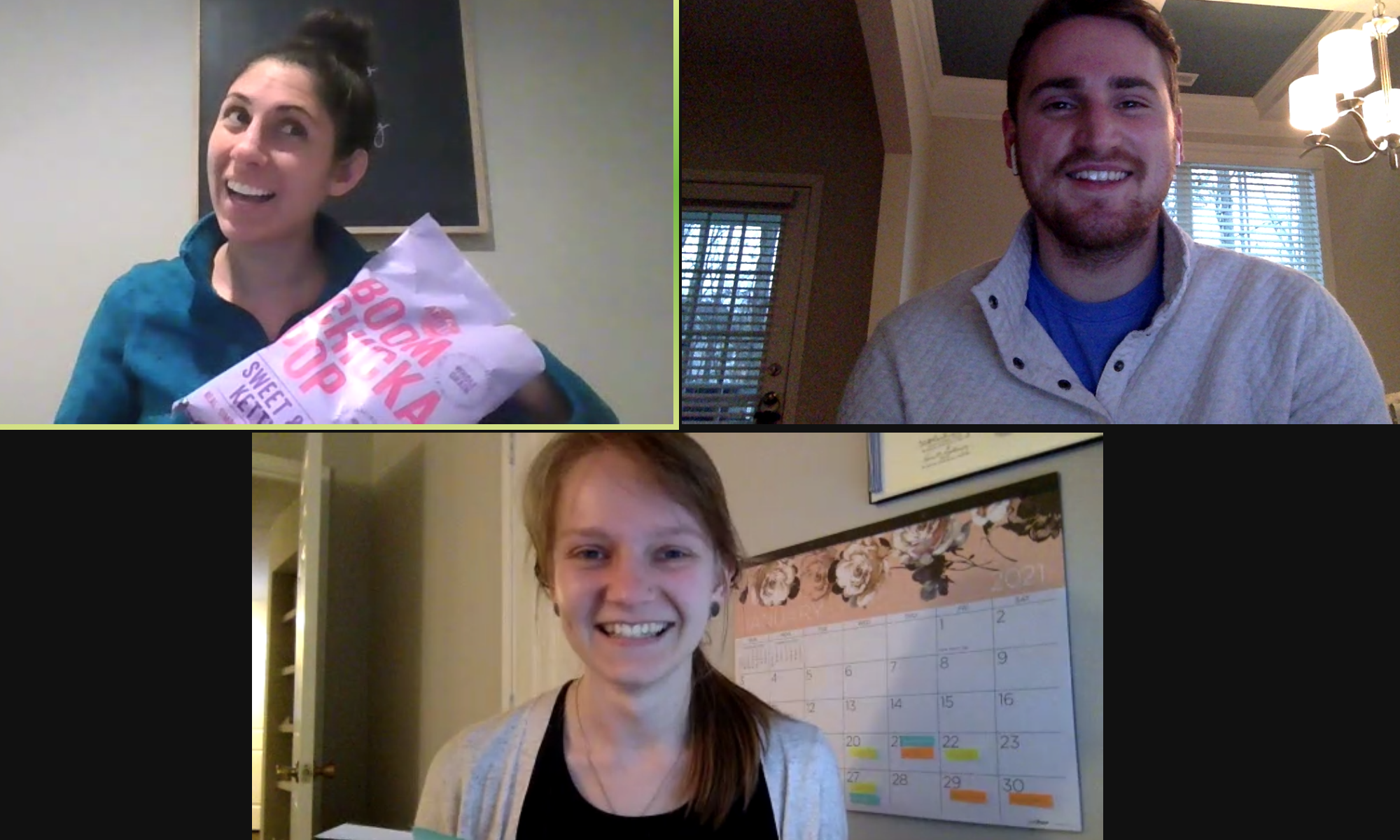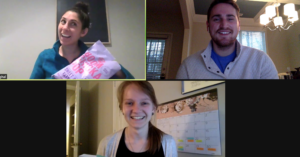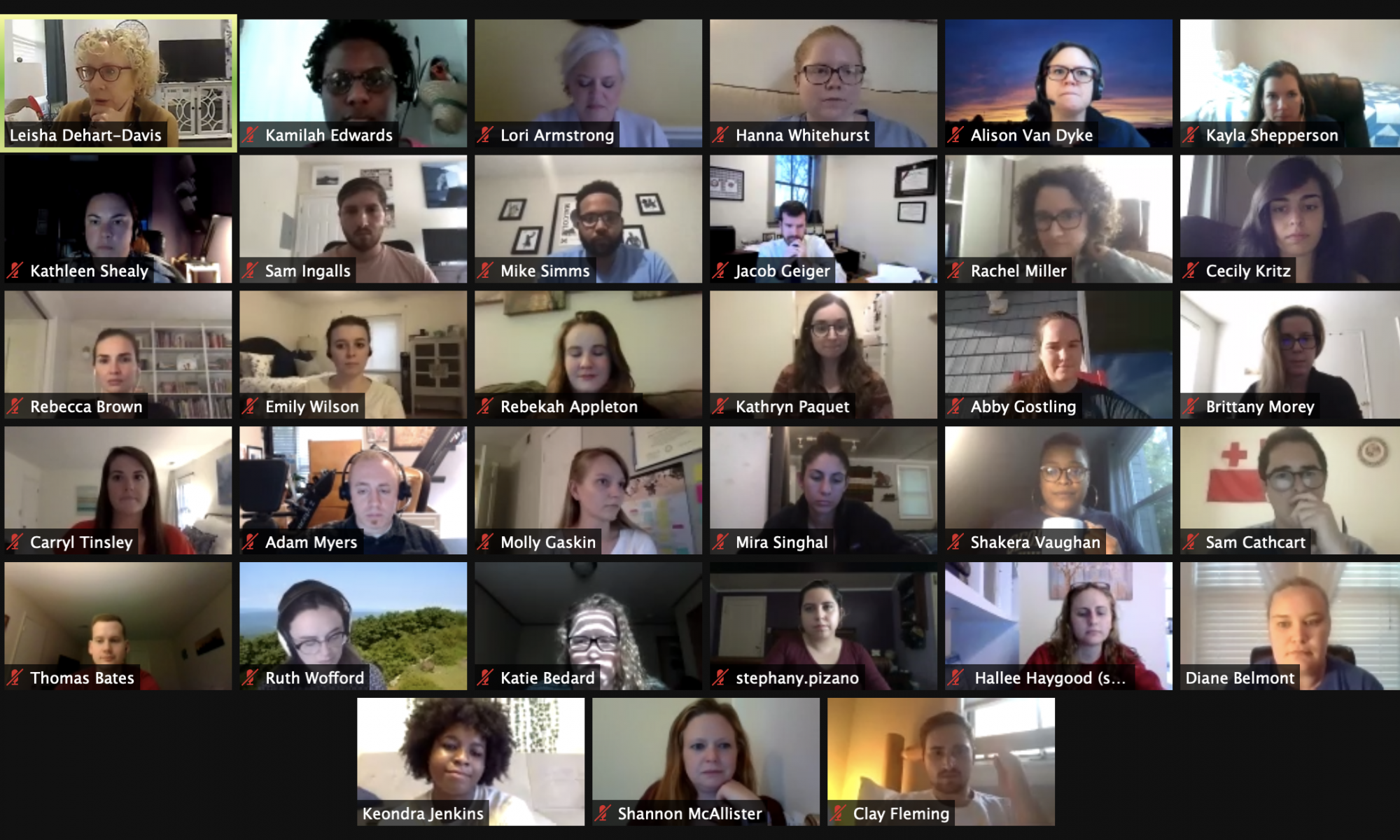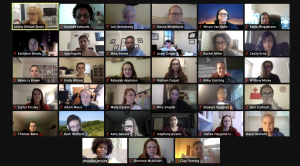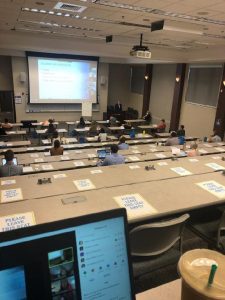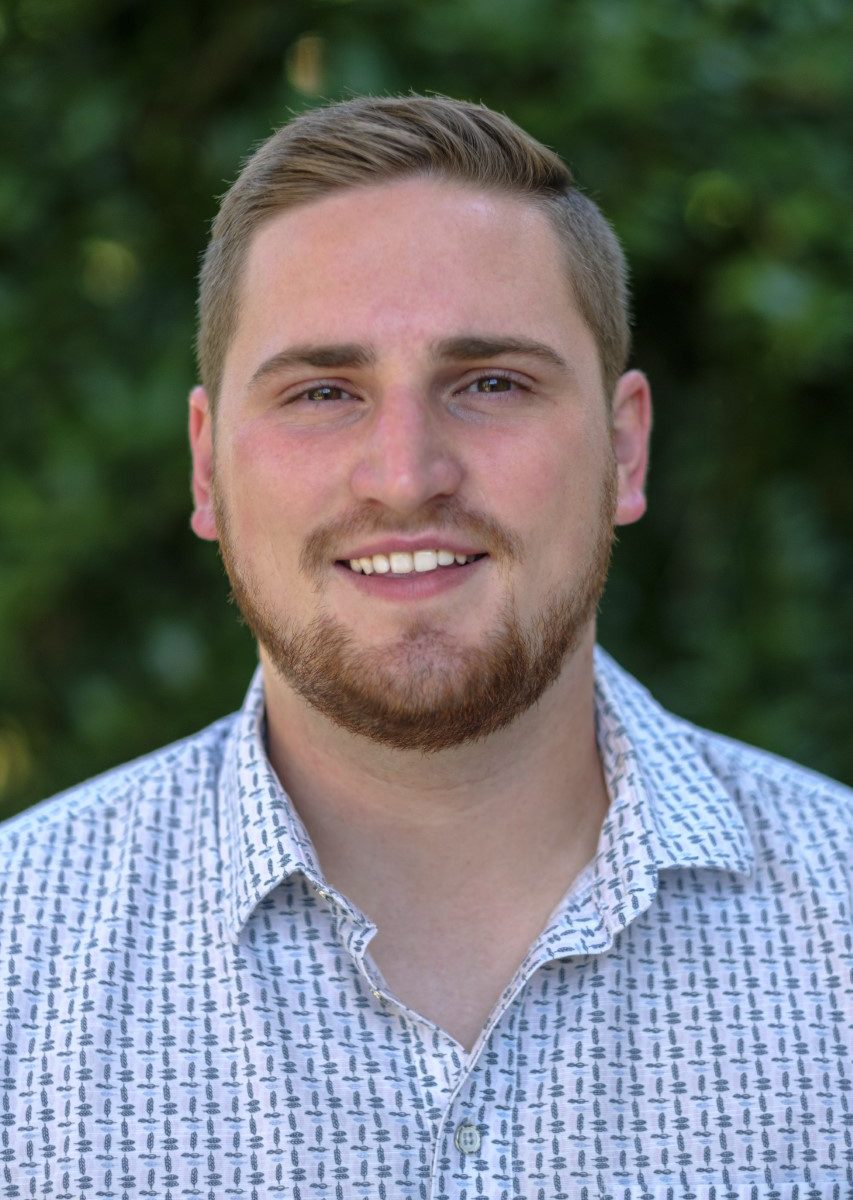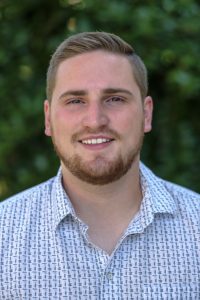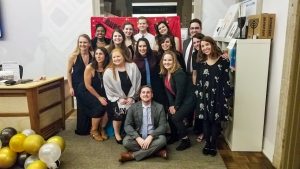
Hi Everyone!
It is an exciting time in the UNC MPA program! This is the final week of classes, which means the second-year student are about to graduate and the first-year students will begin their Professional Work Experiences (PWEs) very soon. The last week of classes are always busy. All semester-long projects and papers are due while preparing for final exams, or in the case of second-year students, applying and interviewing for jobs. It is a lot to manage, and we have learned the value of resilience and persistence through the program.
If you have been keeping up with the blogs, you may be curious about the results of the Portfolio and final Oral Examinations. If you are a first-time MPA Matters blog reader, the Portfolio and Oral Examination are the thesis equivalents for the MPA program. The second-year students spent the semester distilling major lessons learned throughout the MPA program. The Portfolio was evaluated by a committee of three faculty members. The committee members provided feedback and granted the student the opportunity to defend their Portfolio in front of the committee. The defense portion is called the Oral Examination. For the residential students, all passed both stages, which means we are officially allowed to graduate with a Master of Public Administration from the University of North Carolina, Chapel Hill!
Two years ago, when I first began the MPA program, I experienced tremendous imposter syndrome and questioned if I would be able to see the program through. The journey seemed tough, and I had not yet fully discovered the tenacity that existed within me. I know I experienced and overcame numerous challenges, both personally and academically, while pursuing this degree. I also know that through these challenges, I learned many lessons about myself and others. I learned that I am thankful for the support of many friends and loved ones. I learned that asking for help is acceptable and a sign of strength, as people want to help you succeed. I learned that failure is not inherently bad, but rather an opportunity for growth. Finally, I learned that even during stressful times we can do hard things and should celebrate each win!
During a typical year, the second-year students would be preparing to participate in a public celebration of a two-year win in the making. For the past two MPA cohorts, the graduation ceremony honoring all the hard work of both residential and online students alike has been interrupted by the pandemic. Last year around this time, my cohort was hopeful that the situation would be different by the time our graduation arrived. We were hopeful to share one last memory together in person as the MPA Class of 2021 before we headed into the workforce.
There is a sadness in knowing that the tradition of an in-person hooding and individual graduation ceremony has been interrupted once again. There is also hope and joy in knowing that everything we have experienced in the past year and a half has prepared us for this moment— and I do not just mean our expertise in operating Zoom. Rather, I am reflecting on our creative abilities and dedication to uplifting and celebrating each other with intentionality, even through all the challenges we have experienced. While a virtual graduation ceremony is not how we expected to conclude our experience, each MPA student has earned their time in the spotlight! I am looking forward to the opportunity to express how proud I am of each member of my cohort!
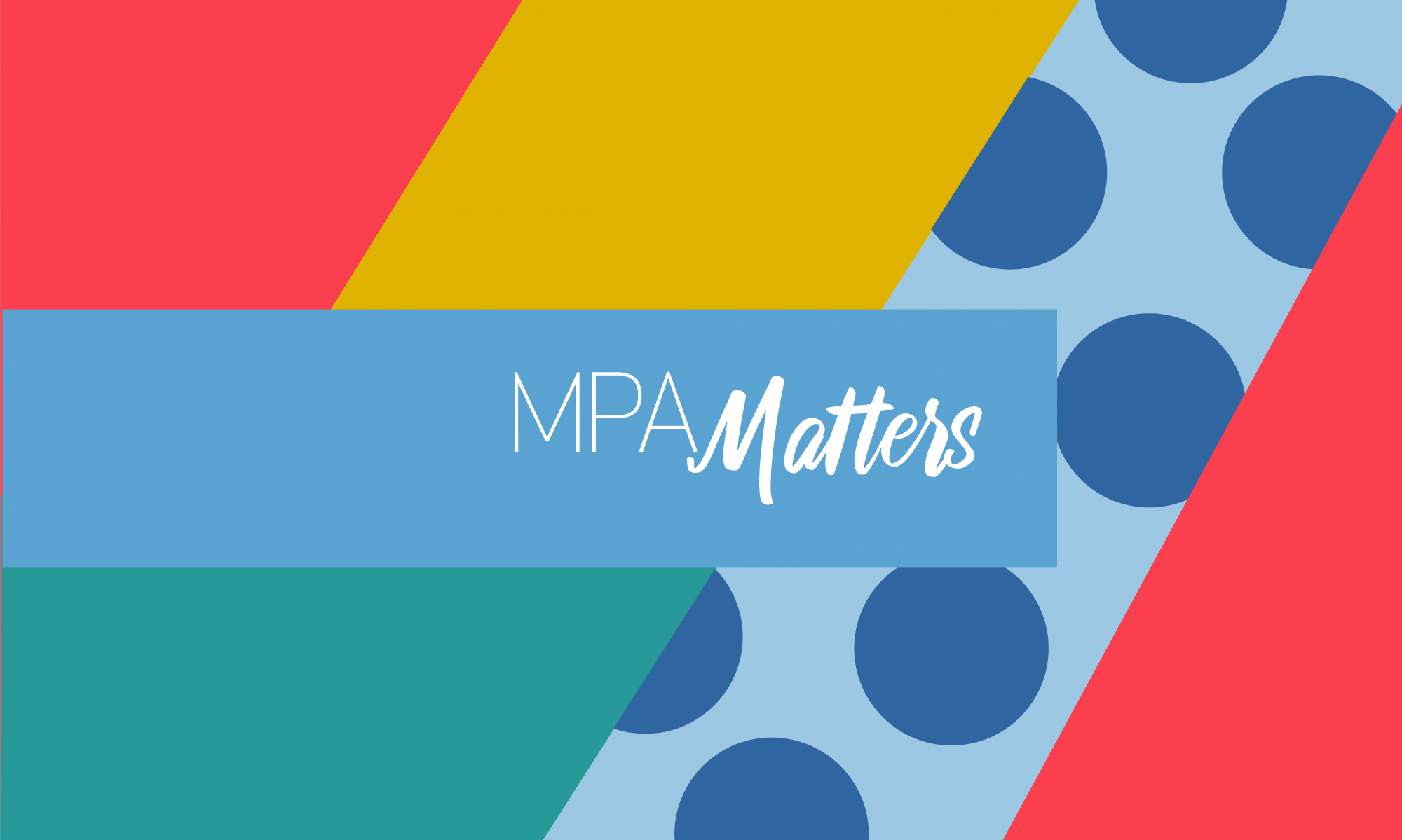

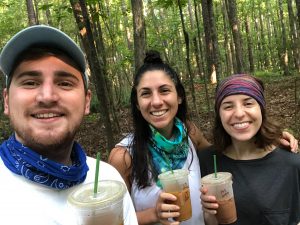
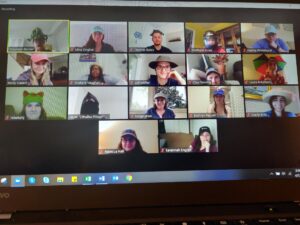 Hello Everyone!
Hello Everyone!  Hi Everyone,
Hi Everyone,